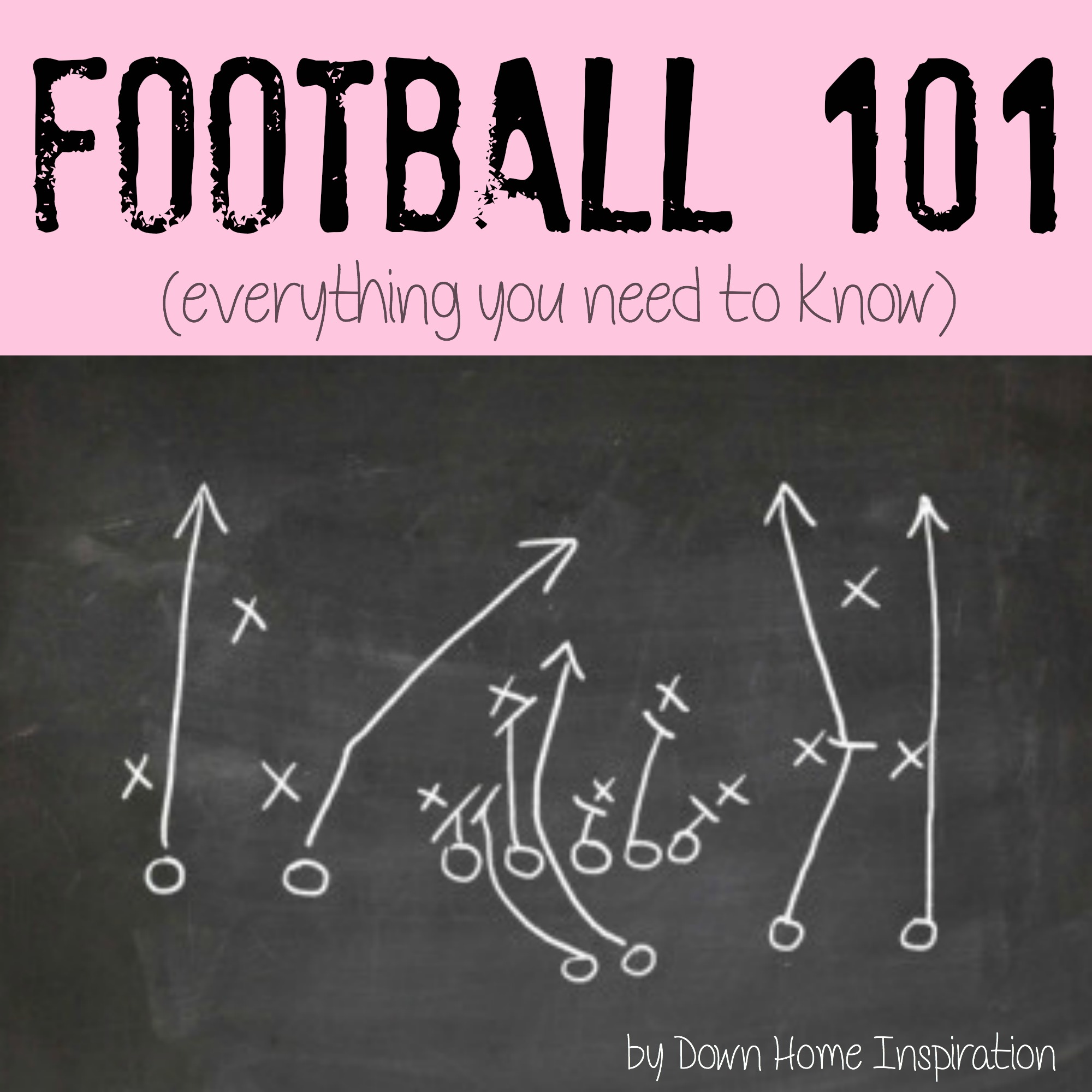 Mark Twain famously observed: “We should be careful to get out of an experience only the wisdom that is in it-and stop there; lest we be like the cat that sits down on a hot stove-lid. She will never sit down on a hot stove-lid again — and that is well; but also she will never sit down on a cold one anymore.”
Mark Twain famously observed: “We should be careful to get out of an experience only the wisdom that is in it-and stop there; lest we be like the cat that sits down on a hot stove-lid. She will never sit down on a hot stove-lid again — and that is well; but also she will never sit down on a cold one anymore.”
If Democrats are to engineer a way back into being a relevant presence in state houses, Congress and the White House, they (we) must look at the election of 2016 and ask hard, tough and critical questions that lead to hard, tough and critical analysis of “what went wrong.”
It has become an almost by rote analysis-confession for Democrats to bemoan that Hillary didn’t inspire voters, she isn’t trustworthy, she didn’t speak to white, working class Americans, and that she and the DNC led the charge to rig the process and by doing so disenfranchised the already disenfranchised voter.
Hillary didn’t inspire voters, she isn’t trustworthy, she didn’t speak to white, working class Americans, and that she and the DNC led the charge to rig the process and by doing so disenfranchised the already disenfranchised voter.
But, if that is true; if that is the correct “what-we-must-change-and-do-differently-next-time” lesson….then how do we explain the fact that Hillary Rodham Clinton, the first female, major party, nominee, received more votes than any white male, running for president, in history? Including, of course, the man who went on to defeat her, who received 2.8 million fewer votes.
2.8 million votes are not insignificant. If our system wasn’t predicated on an Electoral College (it is, Trump won, and that is not being contested here), Clinton would have been considered the winner, overwhelmingly, and we wouldn’t be talking about trust, her expediency, or her un-likeability.
 We would, instead, be talking about her 68% approval rating before she entered the race, about her unequaled experience and qualifications, and the glass ceiling that was broken. And the pride of having elected the first woman to the highest office in the land.
We would, instead, be talking about her 68% approval rating before she entered the race, about her unequaled experience and qualifications, and the glass ceiling that was broken. And the pride of having elected the first woman to the highest office in the land.
So, which reality will determine our lesson? The one that justifies what we now must accept, or the one that is revealed by what actually happened?
If we choose the former, which is hard to resist because our national narrative likes to move quickly and does not like to alter its organic course with meddling “facts,” then we run the risk that we will wash, rinse, and repeat this political destiny.
If we choose the latter, however, then we have to dig even deeper into our political psyche, and ask: “How did we let this happen? What is our systemic flaw?”
An argument is easy to make that for 18 of the past 26 years, a Democrat has been in the White House, and we could conclude that we aren’t losing. And it doesn’t take more  than a simple Google search to discover that even Al Gore won the popular vote in 2000 (by half of 1%). So, if our conclusion is that Democrats aren’t resonating with voters, then we are clearly missing something.
than a simple Google search to discover that even Al Gore won the popular vote in 2000 (by half of 1%). So, if our conclusion is that Democrats aren’t resonating with voters, then we are clearly missing something.
The truth is that Democrats are resonating, they just aren’t winning. Not where they need to.
Democrats have lost, over the past 8 years, over 900 seats in state houses. In Washington, Republicans hold the majority in both Houses and now sit in the White House (or will at least occasionally visit from New York). Am I contradicting myself by saying that Democrats are resonating, but losing?
I don’t think so.
What I see, first off, is an antiquated electoral system. The Electoral College was created to satisfy the smaller states at the Constitutional Convention so that each state would have the same number of electoral votes as they have representatives in Congress. No state could, therefore, have less than 3. But, when the Constitution was written, America was 95% rural and today over 80% of the population is not. Yet that near-complete reversal of our demographic has not produced any reform since the 12th Amendment in 1803.
Beyond that logical reform, which will not happen in 4 years, and perhaps not for another 20, I see a strategic malfunction that has failed to recognize  these demographic shifts, and failed to employ a grassroots system to administer them.
these demographic shifts, and failed to employ a grassroots system to administer them.
When Bill Clinton became the Formidable Force of Washington, Republicans, led by Newt Gingrich, formed a grassroots plan to funnel money and support into state races and they masterminded a populist platform that would never lose its base. Essentially lifting the content from Ronald Reagan’s 1985 Inaugural Address, the Contract With America, encapsulated modern conservatism, and they’ve never wavered. Once state power was established, gerrymandering would solidify a winning strategy.
So, the question I ask my fellow Dems is: “How did we let this happen?”
Did we put all of our eggs into the White House basket?
Yeah.
Have we failed to understand the importance of the matrix of governorships and state legislatures to carry the water of our message?
Yes.
Did we tack our sail to a gentle breeze and ignore the wave from a populist tsunami?
Yep.
I firmly believe that Democrats are the agents of change, but when we ignore the outcry for change, in order to favor the way things are, we capsize.
And we did.
My conclusion here will be much shorter than the windup. As Democrats we tend to complicate things which may be much simpler than we think (they understand that on the “other side”). The simple concept (although difficult to admit, let alone, administer) is to take that hard, tough and critical look and acknowledge that this didn’t happen out of nowhere; it has been happening for decades.
We need to take a page out of the Republican Playbook and organize and prioritize at the grassroots level (Run). That means to focus locally and then fan out, rather than our modern modus operandi which is to go big and work down. Our message wasn’t the problem; we are the party of the people, of the working family, the middle class, labor, public education, and social justice – but we need to change our delivery so that voters recognize our message as their own (Block).
Our party must embrace, promote and support primary elections and the choices they present (Pass), on every level, to allow for a healthy discourse and to draw our strongest candidates from the well of diversity.
We need to improve the lines of communication (Catch) between central committees and state party leaders; to create system-shortcuts so that our rank and file are telling party officials what they are hearing, rather than the other way around.
Networks with our student organizations need to be prioritized and supported.
We took our eye off the ball because we saw ourselves already at the goal line and we dropped the pass. Republicans intercepted the ball and are heading toward their goal. They executed a better plan on the field. We need to get back to basics on offense. In football that’s to run, block, pass, and catch.
goal line and we dropped the pass. Republicans intercepted the ball and are heading toward their goal. They executed a better plan on the field. We need to get back to basics on offense. In football that’s to run, block, pass, and catch.
In politics….well, I think that just might be to run, block, pass and catch, as well.